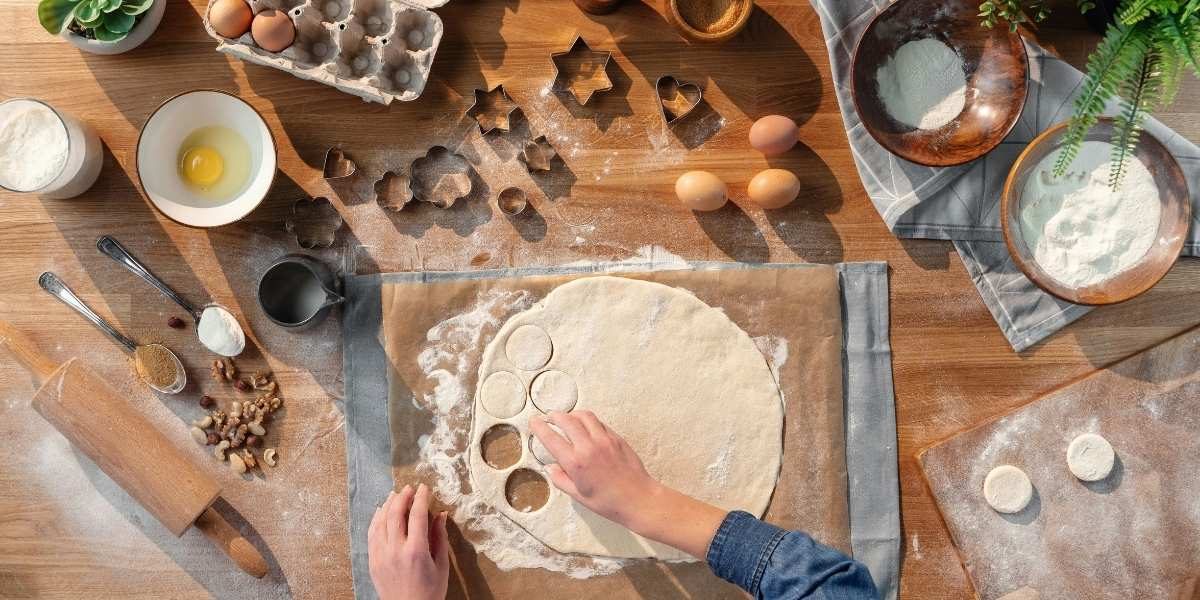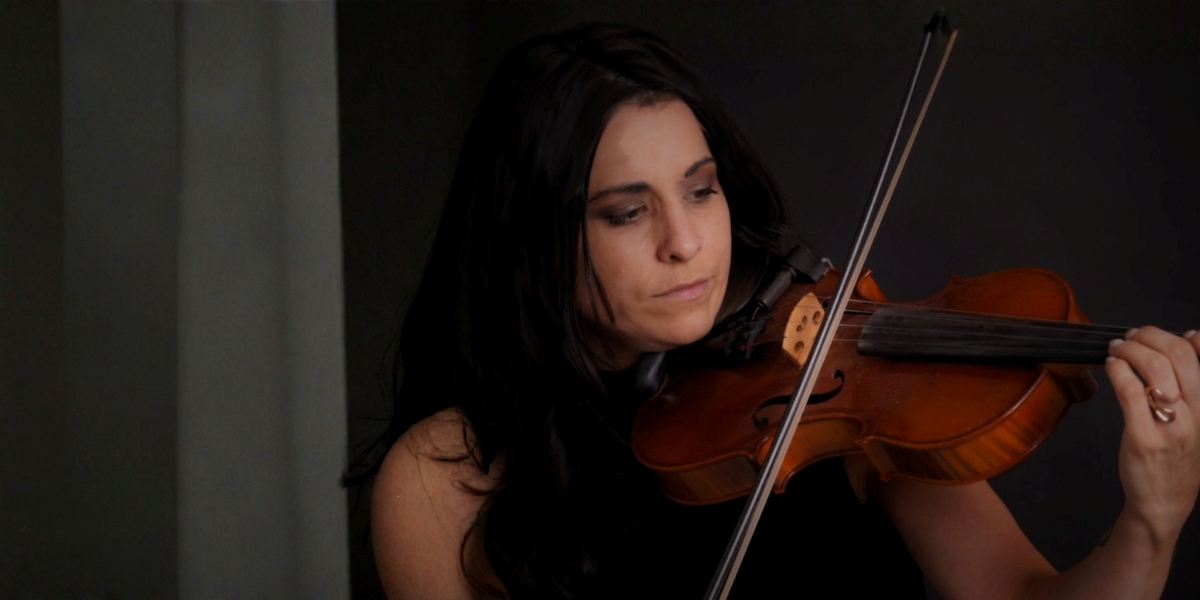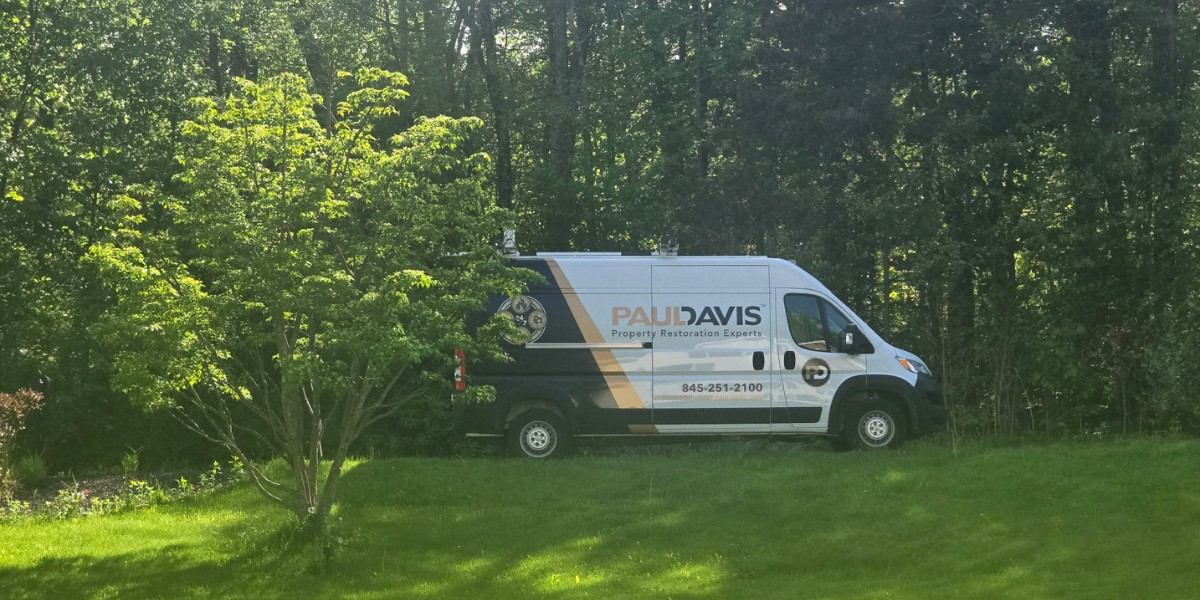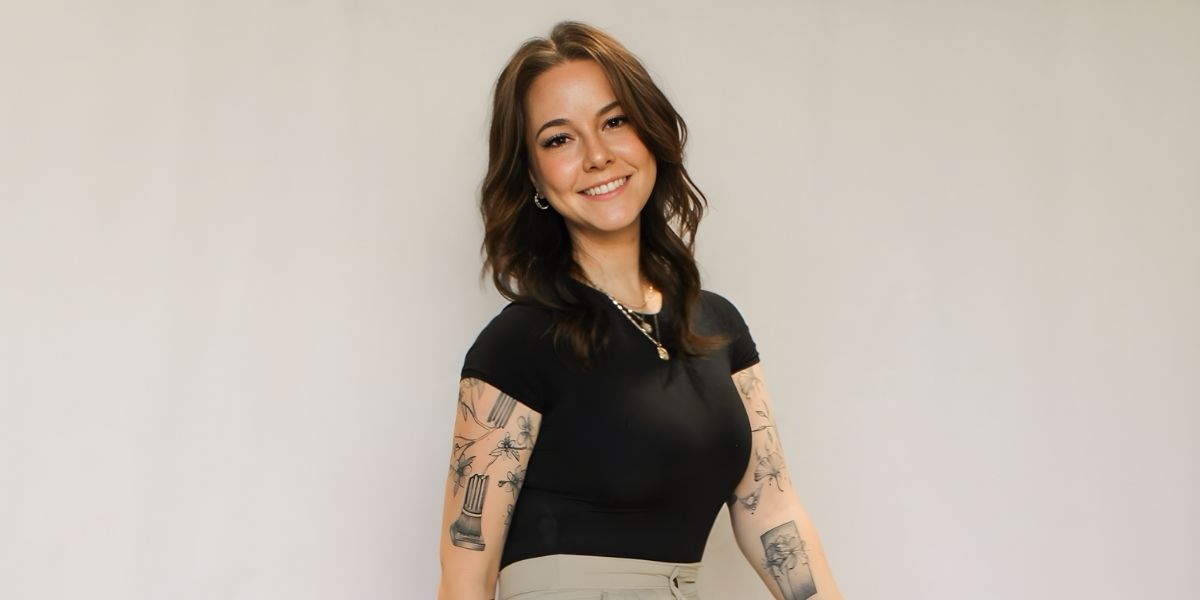Cooking and Baking: How to Master Both as a Beginner?
Cooking and baking are essential life skills, but for beginners, they can feel overwhelming. The difference between the two often confuses people—one is flexible and allows for improvisation, while the other requires precise measurements. Understanding basic techniques, essential tools, and common mistakes can help anyone gain confidence in the kitchen.
Read More: Budgeting or Saving: Which One Should You Prioritize?
What Is the Key Difference Between Cooking and Baking?
Cooking is more about creativity and intuition, allowing adjustments in flavors, ingredients, and techniques. A dish can be seasoned, modified, or tasted throughout the process. In contrast, baking follows a scientific approach where precision is crucial. Ingredients must be measured exactly, as even a slight change in the ratio of flour, sugar, or fat can affect the outcome.
Successful home chefs learn to balance both cooking and baking, using creativity for meals and accuracy for desserts and pastries.
What Are the Must-Have Tools for Cooking and Baking?
A well-equipped kitchen makes the learning process smoother. Beginners should focus on multi-functional tools to avoid clutter while improving efficiency.
For cooking, essentials include:
- A sharp chef’s knife for slicing, dicing, and chopping.
- A cutting board to protect surfaces and maintain hygiene.
- A non-stick or stainless steel pan for frying and sautéing.
- A wooden spoon and spatula to stir and mix ingredients safely.
For baking, necessary tools include:
- Measuring cups and spoons to ensure precise ingredient ratios.
- A mixing bowl to combine wet and dry ingredients evenly.
- A whisk and electric mixer to create smooth batters and dough.
- An oven thermometer to ensure accurate baking temperatures.
Investing in quality over quantity helps avoid unnecessary purchases while ensuring better cooking and baking results.
How Can Beginners Avoid Common Cooking and Baking Mistakes?
Mistakes are part of the learning process, but understanding why things go wrong can speed up improvement. Many beginners struggle with overcooking, underbaking, or misreading recipes, but small changes can make a big difference.
For cooking, common mistakes include:
- Not preheating the pan – Food sticks or cooks unevenly when placed in a cold pan.
- Overcrowding the pan – This lowers the temperature, leading to steaming instead of proper browning.
- Skipping seasoning layers – Adding salt and spices throughout cooking enhances overall flavor.
For baking, common pitfalls include:
- Measuring incorrectly – Scooping flour directly from the bag leads to excess flour and dense baked goods.
- Opening the oven too early – This disrupts temperature stability and can cause cakes to collapse.
- Ignoring room temperature ingredients – Cold butter and eggs don’t mix well, leading to uneven textures.
Understanding how ingredients interact and following techniques carefully ensures better consistency in results.
Which Basic Cooking and Baking Techniques Should Beginners Learn First?
Beginners should start with foundational techniques to build confidence before attempting complex dishes.
For cooking, mastering these techniques is essential:
- Sautéing – Cooking with a small amount of oil over medium heat for flavorful dishes.
- Boiling and simmering – Controlling water temperature for pasta, soups, and stews.
- Knife skills – Learning how to chop, mince, and dice ingredients safely.
For baking, key techniques include:
- Creaming butter and sugar – The foundation of many baked goods, ensuring a light, fluffy texture.
- Folding ingredients – A gentle mixing method that prevents air bubbles from deflating in batter.
- Checking for doneness – Using a toothpick test for cakes and monitoring crust color for bread.
Practicing basic methods first helps create a strong foundation for more advanced recipes later.
What Are Some Easy Recipes to Start With?
Simple recipes help beginners build confidence and develop a feel for flavors, textures, and techniques.
For cooking, great beginner-friendly options include:
- Scrambled eggs – Learning to control heat prevents rubbery eggs.
- Pasta with homemade sauce – A great way to experiment with flavors.
- Pan-seared chicken – Teaches proper seasoning and browning techniques.
For baking, starting with these recipes ensures success:
- Chocolate chip cookies – A classic recipe that introduces measuring, mixing, and baking times.
- Banana bread – A forgiving recipe that teaches moisture balance.
- Muffins or cupcakes – Great for practicing portion control and oven temperature management.
Each recipe introduces new skills while building kitchen confidence.
Read More: Travel and Adventure Ideas: Destinations, Packing Tips, and Budget-Friendly Hacks
How Can Beginners Improve Their Cooking and Baking Skills?
Experience is the best teacher, but learning from reliable sources speeds up progress.
- Following step-by-step tutorials from professional chefs helps understand proper techniques.
- Experimenting with flavors and ingredients allows for a more personalized touch in recipes.
- Keeping a cooking or baking journal helps track improvements, mistakes, and successful adjustments.
- Investing in quality ingredients ensures better taste and texture in final dishes.
With patience and practice, anyone can become skilled at cooking and baking over time.
Published by Drake M.








